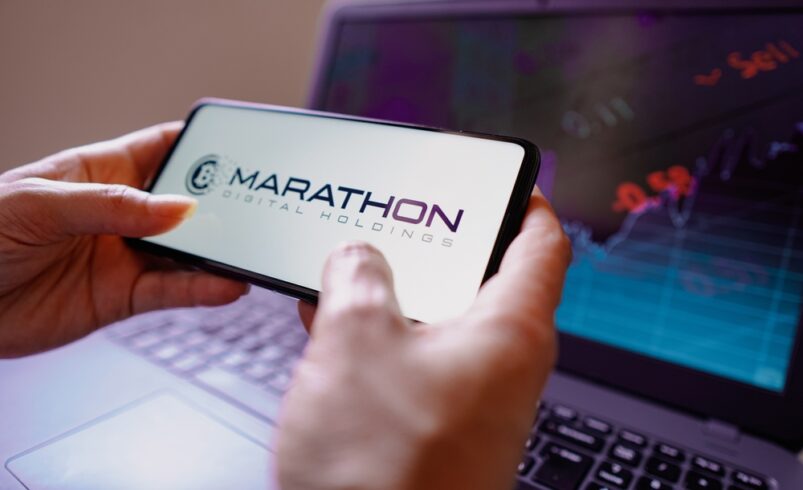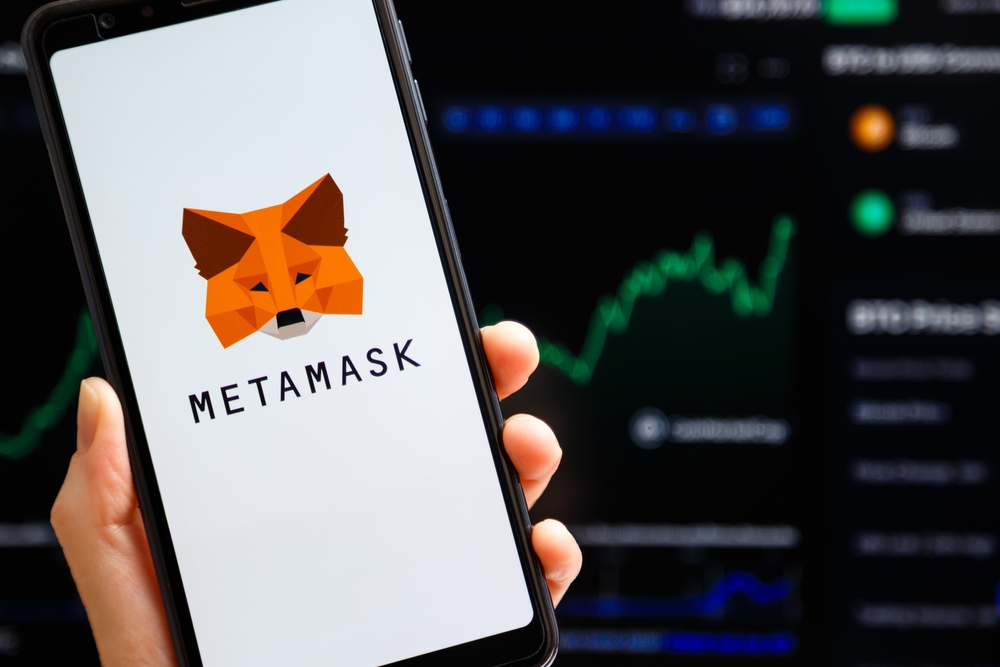Validating a Transaction vs. Mining Bitcoin: What is the Difference?

Transaction validation and Bitcoin mining are distinct yet vital processes protecting the integrity of Bitcoin. In the Bitcoin blockchain, nodes validate transaction blocks. After that validated blocks are sent to miners who verify them. Read this article to learn more about the difference between mining Bitcoin and validating transactions.
What Are Validation Nodes in the Bitcoin Blockchain?
As mentioned, Bitcoin nodes validate transactions. But what are they? They are computers with special software that execute several functions in the Bitcoin network. These functions include:
Block Validation
Validation nodes make sure that all transactions initiated in the Bitcoin blockchain are legitimate, carry valid signatures, and meet the set requirements.
Since these nodes maintain a copy of the Bitcoin network, they are able to check if a sender of a particular transaction has adequate funds to pay the required transaction fees.
Try GPT Definity AI today, the #1 crypto trading robot! Click here to learn more. Artificial intelligence trading robots are taking over the trading eco-system, you can join this revolution and profit from daily revenues! Get ahead of the trading game with Artificial Intelligence crypto trading software today!
Further, validation nodes are important parties in the Bitcoin blockchain as they help prevent double-spending. For starters, double-spending is a scenario where a Bitcoin user spends their coin twice.
Transmitting Information Across the Bitcoin Blockchain
After validation nodes complete validating blocks of transactions, they transmit information within the Bitcoin blockchain, signaling the miners to verify and add the blocks to the network.
For miners to obtain a block for verification, they must compete against each other to solve complicated puzzles. The miner who verifies the block first earns some BTC rewards.
Storing a Copy of the Bitcoin Network
By maintaining a copy of the Bitcoin network, validation nodes support the blockchain’s security and resilience.
Wallet Functionality
There are some validation nodes that offer wallet functionality, allowing users to sign transactions and manage addresses.
Bitcoin Mining Explained
Bitcoin mining is the process of verifying transactions sent by the validation nodes. Miners use energy-intensive computers to carry out their on-chain activities. When verifying transaction blocks, miners confirm that each transaction is authentic and meets validation criteria.
Performing Proof-of-Work to Verify Bitcoin Transactions
Bitcoin uses the Proof-of-Work (PoW) consensus mechanism to process transactions. That means after a particular miner has obtained and verified a block, other miners will confirm its legitimacy and accuracy before it’s added to the Bitcoin blockchain.
The Miner who manages to verify a block receives newly mined BTC, while other miners who confirm the block share the network fees paid by the senders of the transactions in that particular block.
The PoW Algorithm
Here is how the PoW algorithm works:
1. Validated Bitcoin transactions are added to a block and then sent to miners.
2. The PoW consensus mechanism generates a hash for that block.
3. Miners use their powerful machines to compete to produce a target hash that matches the generated hash.
4. The winning Bitcoin miner gets the chance to verify and add the block to the Bitcoin network and receives rewards.
The PoW algorithm intends to add a new transaction block to the Bitcoin network every ten minutes. If a block is added quicker than expected, PoW usually adjusts the mining difficulty upward to slow down the mining process. On the other hand, if miners take more than ten minutes to add a block, the mining difficulty gets adjusted downward.
Do Validation Nodes Receive Any Rewards?
No! Validation nodes do not receive rewards because their functions don’t require specialized machines that consume significant amounts of energy.
How Does Mining Keep Bitcoin Blockchain Secure?
As mentioned, mining helps safeguard the Bitcoin blockchain. But how? Well, since mining demands massive computational power, it makes it difficult for bad actors to attack Bitcoin as they must control more than 50% of Bitcoin’s hash rate.
Conclusion
It is clear that mining and transaction validation are crucial functions in the Bitcoin blockchain. If you wish to take part in safeguarding Bitcoin while earning rewards, you can become a miner. However, you must first understand the costs involved. This allows you to gauge whether or not venturing into Bitcoin mining is profitable.
Disclaimer: Mining Plus Crypto specializes in amplifying content for dozens of cryptocurrency and blockchain firms, and your company could be next on the list! For inquiries, please reach out to us through or Telegram Chat. Given the unpredictable nature of cryptocurrencies, we advise you to thoroughly research before investing. A portion of the content available on our website, including broker reviews, is paid content or content contributed by guest writers and does not necessarily represent the opinions of Mining Plus Crypto. We claim no liability for the accuracy, quality, and content of advertisements, products, or any other materials, including ad spaces displayed on our site. For a comprehensive understanding, please review our full terms and conditions, and disclaimer.






